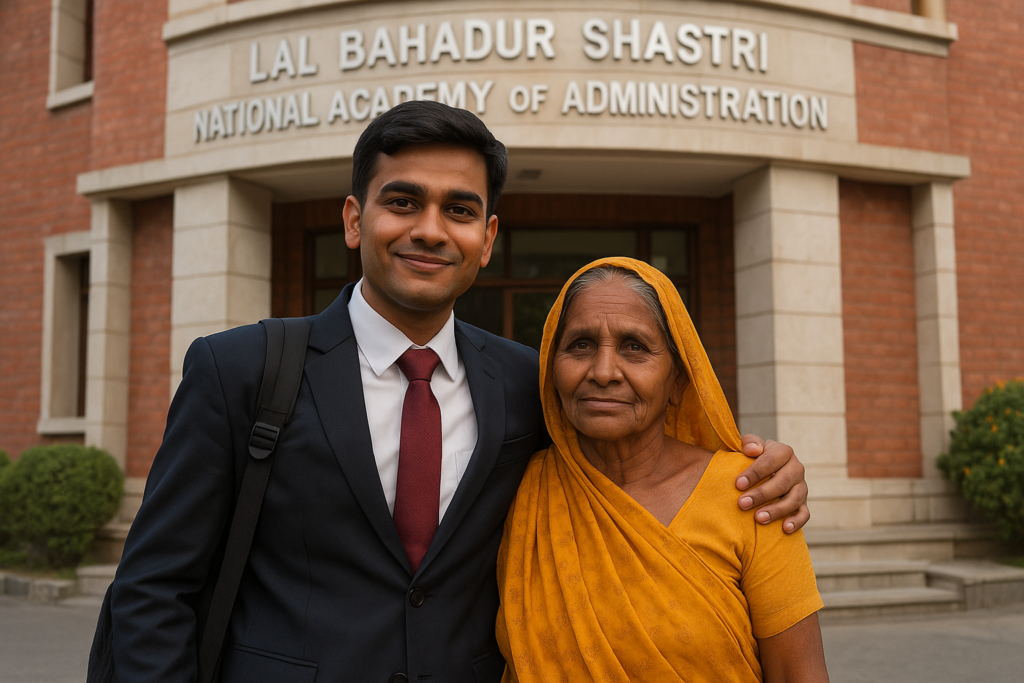Hemant Pareek still remembers the sting of a contractor’s words. His mother, a daily wage labourer, was underpaid yet again — denied ₹200 she had rightfully earned. When Hemant protested, the contractor sneered: “Are you a Collector?”
That question, meant as mockery, became his life’s mission.
This month, Pareek walked into the Lal Bahadur Shastri National Academy of Administration (LBSNAA) as a probationary IAS officer — a journey that began with just ₹1,400 in his pocket and the determination to seek justice for his mother.
A Childhood in Hardship
Raised in Biran village of Rajasthan, Hemant grew up watching his mother toil to feed the family. Education was his escape, but opportunities were scarce. Coaching classes for the civil services were far beyond his means. Instead, he turned to free resources, self-study, and online mentors.
Against all odds, he refused to let poverty dictate his destiny. “I wanted to prove that dignity belongs to everyone — no one should insult a worker for their labour,” he has said.
The Road to UPSC
Leaving for Delhi with barely enough money for survival, Pareek studied relentlessly. He shared rooms with friends, cut down on expenses, and depended on borrowed notes and digital lectures.
In 2023, he cleared the Union Public Service Commission exam on his first attempt, securing an All-India Rank of 884. His selection was more than a personal victory — it was a moment of vindication for every slight his family had endured.
Recognition and Inspiration
When news of his success spread, industrialist Anand Mahindra called his journey a “story that inspires us all,” amplifying Hemant’s rise as a symbol of resilience. Across social media, his name became shorthand for grit, hope, and the transformative power of education.
Now at LBSNAA, the academy that has trained generations of India’s administrators, Hemant Pareek is preparing to take on the very role he once imagined in defiance of a contractor’s insult.
More Than a Personal Triumph
For Hemant, the goal was never only about prestige. It was about justice — ensuring that no one else’s mother is humiliated for demanding fair wages. His journey reflects the aspirations of countless young Indians who believe the civil services remain a path to change.
And for those still standing where Hemant once stood — facing poverty, indignity, and doubt — his story offers something rarer than success: belief.


